The concept of trademarks might seem unfamiliar to many business owners on your journey of global company development. However, in today's digital landscape, it's a pertinent issue not only for consumers but also for manufacturers, given the escalating disputes concerning intellectual property rights.
In this article, we will delve into everything you need to know about trademark registration, ensuring you gain a thorough understanding before venturing into the global market.
1. What is a trademark?
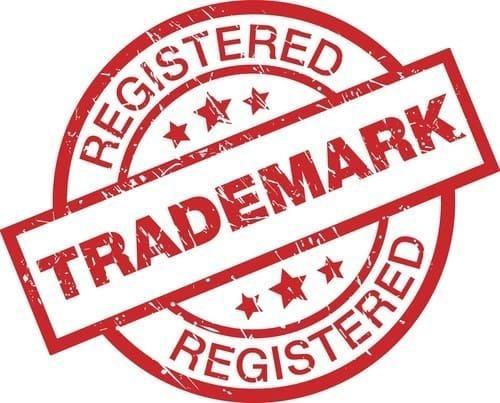
To gain a clear understanding of trademarks and the registration process, you first to know what a trademark (or trade mark) is according to laws and regulations
As per the definition provided by the United States Patent and Trademark Office (USPTO), a trademark encompasses any word, phrase, symbol, design, or combination thereof that identifies a business's goods or services. Essentially, it serves as the key identifier for customers in the market, distinguishing a brand and setting it apart from competitors.
According to the Intellectual Property Office of Singapore (IPOS), a trademark is a distinctive sign utilized to differentiate one's goods or services from those of other businesses. This can manifest in various forms, including letters, words, names, signatures, numerals, devices (figurative elements), brands, titles, labels, tickets, shapes, colors, or any combination of these elements.
Therefore, a trademark can assume diverse forms and serves multiple purposes, including:
- Identifying the source of the company's goods or services.
- Offering legal protection for brands.
- Assisting businesses in safeguarding their brands and combating counterfeiting and fraud.
In essence, a trademark is a symbol protected under a country's intellectual property laws. Any unauthorized use of trademarked products within that country is considered an infringement of intellectual property and is subject to legal sanctions under the protection of the respective country's laws. Understanding these nuances is crucial for businesses seeking to establish and protect their brand identities on a global scale.
2. Why trademark registration is so crucial?
As your company expands its reach and targets customers worldwide, securing a protected trademark emerges as a top priority. This imperative extends beyond global giants like Apple, Samsung, Nike, Adidas, Pepsi, and Coca-Cola; it holds equal importance for small and medium-sized enterprises, driven by legitimate reasons below:
- Legal protection: Registered trademarks benefit from legal protection in the country of registration. This safeguard ensures that the business is legally fortified against unauthorized use of its brand.
- Exclusive rights: Businesses gain exclusive rights to own and utilize their brand. This exclusivity enhances brand visibility and distinguishes it from competitors, fostering a distinct market presence.
- Enhanced trust: Consumers place higher trust in brands with registered trademarks, perceiving them as legitimate entities capable of delivering quality products and services.
- Prevention of infringement: Registering a trademark acts as a deterrent, preventing potential infringers from exploiting similar trademarks for financial gain. The risk of legal action serves as a deterrent against brand imitation.
- Increased company value: A registered trademark contributes to enhancing the overall value of a company. This augmented value makes the business more appealing to investors, potential buyers, or strategic partners.
- Legal dispute success: In the event of legal disputes, such as claims for compensation due to brand damage or unauthorized use, having a registered trademark significantly bolsters the company's chances of success.
3. Is there any difference between a brand and a trademark?
In reality, many businesses confuse these two concepts of Brand and Trademark because you usually register your brand name for trademark protection. These are two completely different concepts in the following characteristics.
| Trademark | Brand | |
| Difference |
|
|
| Recognition level |
| Not as high due to
|
4. How many types of trademarks are there on the market?
4.1. Classification of symbols during trademark registration
Once you decide to secure trademark protection through registration, you must know specific symbols to categorize your trademarks.
- Before and During trademark registration
TM and SM Symbol: Businesses can utilize the "TM" symbol to denote products under trademark protection and "SM" for protected services.
Example: Coca-Cola TM for carbonated drinks.
- After Successful trademark registration
® Symbol: Upon successful registration, businesses shift to using the ® symbol to signify that the product or service has been officially registered.
Example: Coca-Cola® for carbonated drinks.
4.2. Types of trademarks on the market
When navigating the spectrum of trademarks, you may encounter various types that cater to different aspects of your brand identity. The most common trademark types are:
| Trademark types | Descriptions |
| Traditional trademarks | |
|
|
|
|
|
|
| Certification and Collective Marks | |
|
|
|
|
| Non-traditional trademarks |
|
|
|
|
|
|
|
5. What should you keep in mind when registering for Trademark protection?
When registering a trademark for a company's products/services, you need to pay attention to the following factors
- Registering for trademark protection only gives registrars the right to use that word or phrase with specific goods or services in a specific industry. Your business does not have full legal ownership of a particular word or phrase and can not prevent others from using it.
For example
If a business registers "StarkBucks" for wooden toys, it won't prevent others in unrelated industries, like skincare or tourism, from using similar names.
- You should describe clearly, and use unique and creative words when registering for trademark protection. Thus, your business will own a "strong" Trademark, easily distinguishable from competitors.
Normally, it is difficult/almost impossible for businesses to register descriptive Trademarks (Trademarks include phrases and words that have a direct relationship to describe that product or service) and regular Trademarks (words and phrases that describe the product or service itself).
Instead, attaching names and places to these Trademarks will help increase the level of Trademark protection and the ability to register successfully.
Example of descriptive Trademark:
- White cow's milk → ong Thanh White Cow's Milk
- Fat Yogurt → Ba Hai Yogurt
Example of a common Trademark
- Bicycle → UTP Bicycle
- Donuts → NTN Donuts
6. How can you check if your products/services violate any trademark regulations?
To determine if your business products violate trademark policies, a comprehensive analysis based on the following questions is essential:
Example: Products featuring images like Mickey Mouse, without approval from the copyright holder (Disney), violate trademark policies. It's crucial to ascertain whether the products incorporate images of well-known characters or symbols.
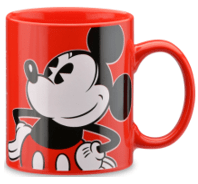
Example: Unauthorized use of logos, like Nike's iconic "swoosh" mark, constitutes trademark infringement. Products featuring such logos without consent are in violation of trademark policies.
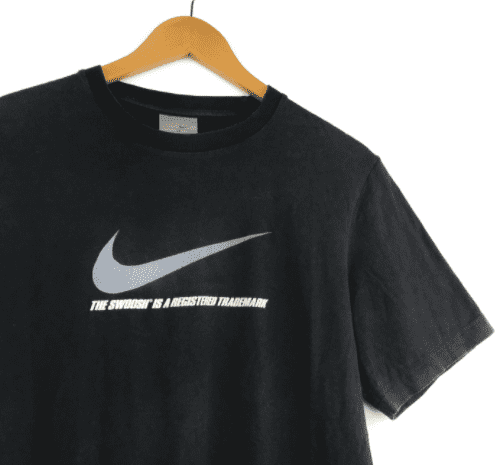
Example: Employing names, symbols, or logos of non-profit or governmental entities, such as UNESCO or military organizations, without authorization, is considered a trademark violation.
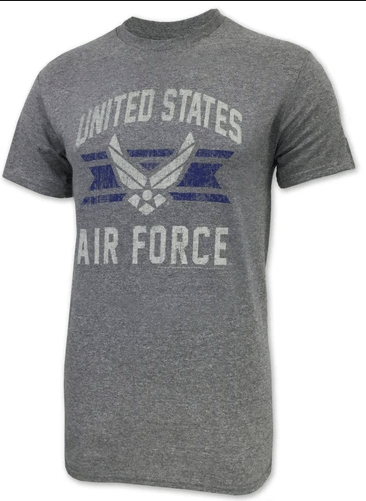
Example: Incorporating lyrics or sayings from copyrighted songs or poems without permission from the copyright holder constitutes trademark infringement.
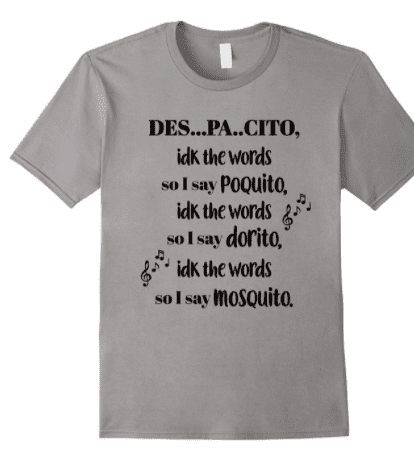
Example: Creating brands with names or logos resembling famous trademarks can lead to consumer confusion. Imitating existing brands may result in trademark violations.
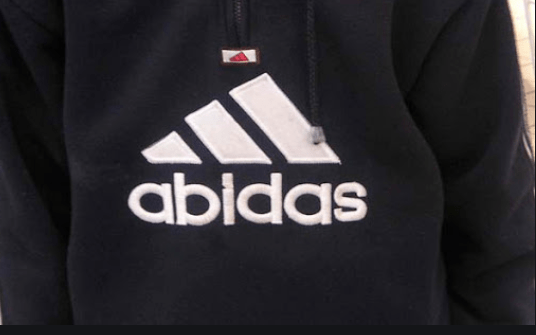
7. How can we help you register your trademark?
With over a decade of assisting business owners protect their brands in the global competitive market, we can
- Offer swift trademark registration services in Singapore;
- Provide straightforward assistance for trademark registration in the U.S;
- Offer you dedicated support to avoid trademark infringements and ensure successful brand safeguarding.
In addition, we offer corporate services for entrepreneurs wanting to set up their companies overseas
- Register a company in Singapore; Hong Kong, and the U.S;
- Open a corporate bank account in Singapore with a 99% success rate;
- Choose the right company types for tax optimization in Singapore;
- Apply for business licenses;
- Get an affordable, professional registered office address for business;
- Support to open, authenticate, and manage Stripe Paypal Business in Singapore, Hong Kong, and the U.S;
- Handle all your tax accounting needs, timely annual filings, auditing, and more.
8. FAQs about trademark registration
The need for trademark renewal varies based on the trademark laws of each country. For instance:
In Singapore, trademark registration lasts for 10 years and can be renewed every 10 years.
In the US, renewal is required after 5 years, involving a fee and a renewal form.
- Copyright: Protects original works of authorship (e.g., paintings, song lyrics) upon creation in tangible forms.
- Trademark: A sign distinguishing goods or services, encompassing various forms like logos, phrases, images, packaging, and sounds.
- Large companies: you should opt for diverse and comprehensive forms of trademark protection, considering global brand building and protection as a top priority.
- Small and Medium-sized companies: you will find traditional trademarks, comprising images, text, or combinations, a suitable choice considering cost-effectiveness and specific needs.
For merchants using PayPal, trademark violations incur severe consequences:
Immediate limitation of all PayPal accounts found violating trademarks.
Withholding of all funds in the account for investigation.
A fine of $2,500 USD per violating product, is deducted from the account balance when limited.
This emphasizes PayPal's commitment to fairness, consumer protection, and upholding intellectual property rights. Merchants facing trademark issues or other PayPal policy concerns are encouraged to contact Global Link Asia Consulting for immediate advice and support.
Global Link Asia Consulting Pte. Ltd. is pleased to announce the publication of the above insightful and informative article on our official website, Global Link Asia Consulting on 09th April 2021. The copyright for this article is exclusively held by Global Link Asia Consulting Pte. Ltd. Any unauthorized reproduction or distribution of this content without our express written permission is strictly prohibited. We value the protection of our intellectual property and appreciate your cooperation in adhering to these guidelines. Thank you for your continued support of Global Link Asia Consulting Pte. Ltd.


